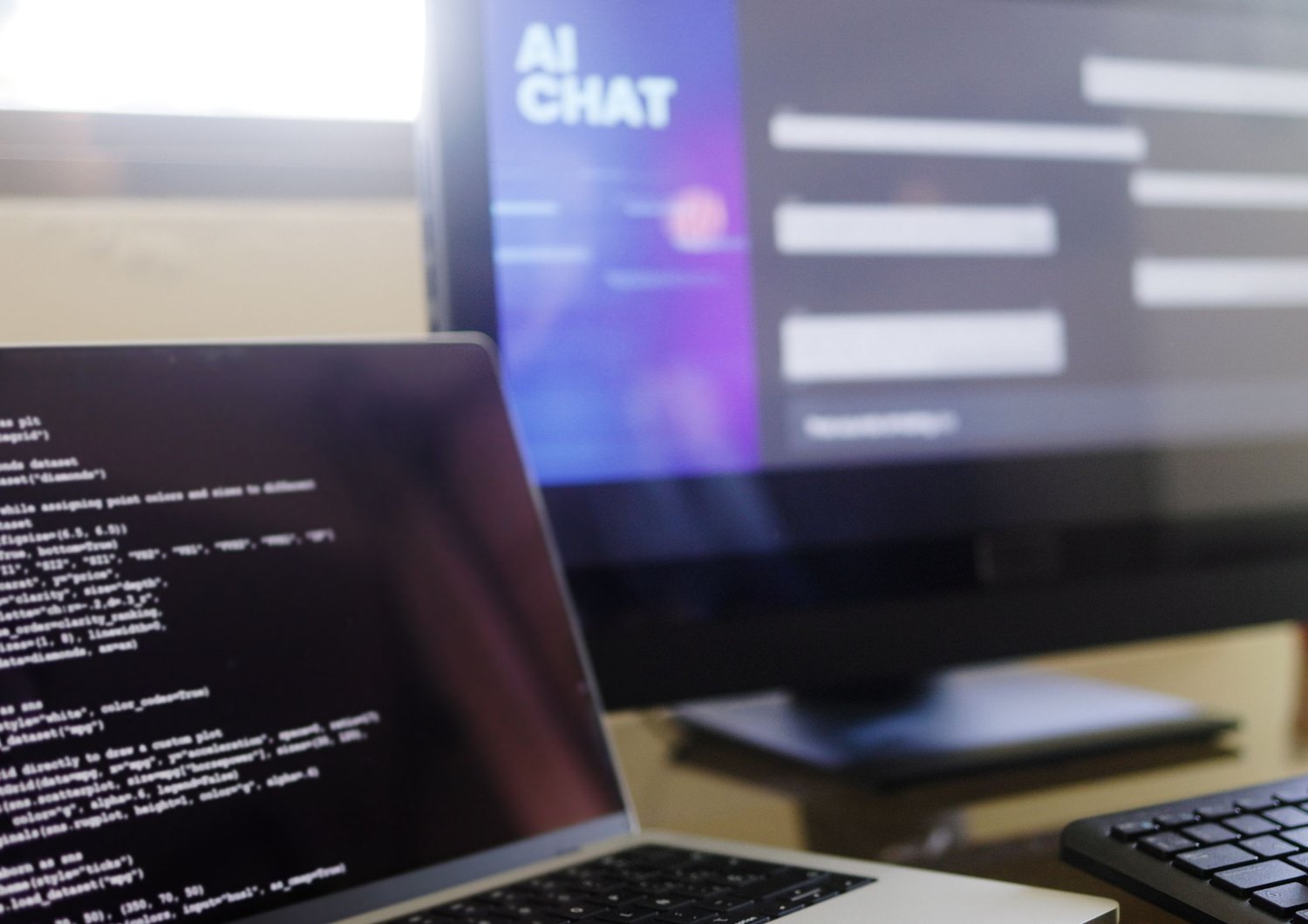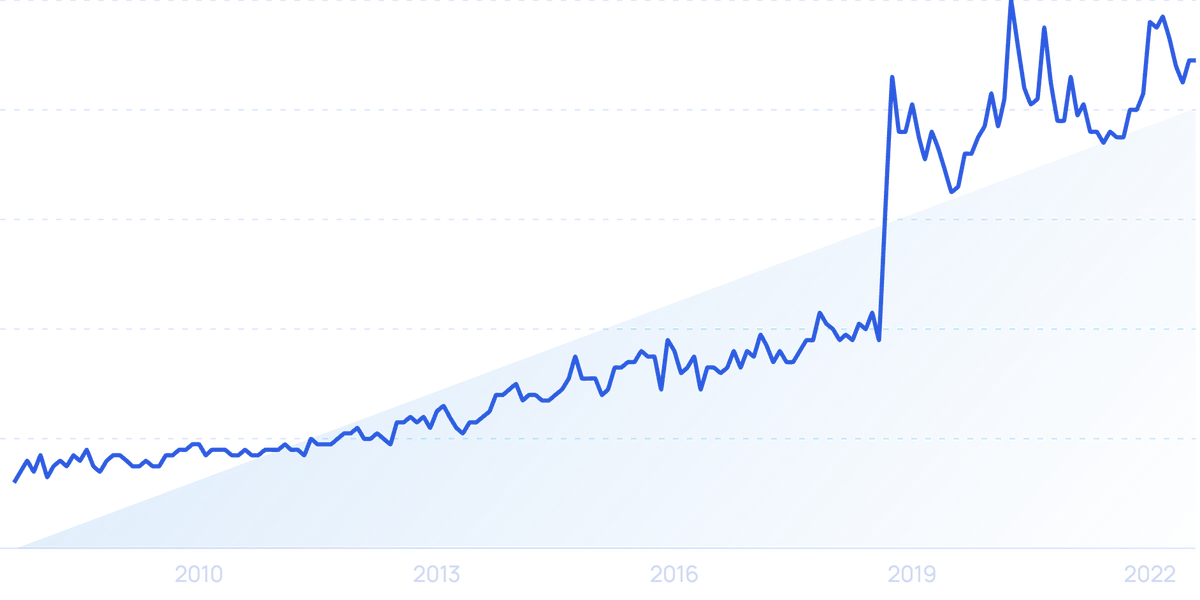
New research suggests daily AI use can reduce faculty workload in higher education
A D2L survey of over 3,000 respondents revealed that while generative AI reduces workload for some users, it also increases monitoring tasks for instructors and administrators, with only 28 percent of institutions having a policy in place. The survey highlights the need for clearer strategies and tools to effectively integrate AI in higher education, emphasizing the importance of teaching students how to apply AI in their studies.








